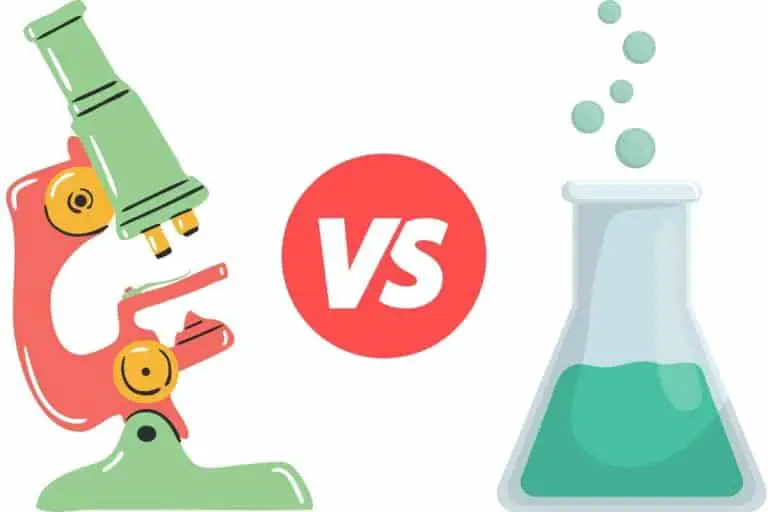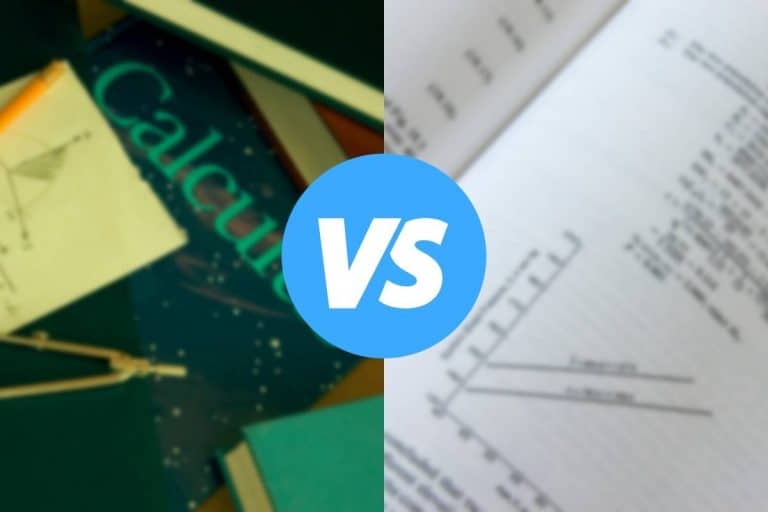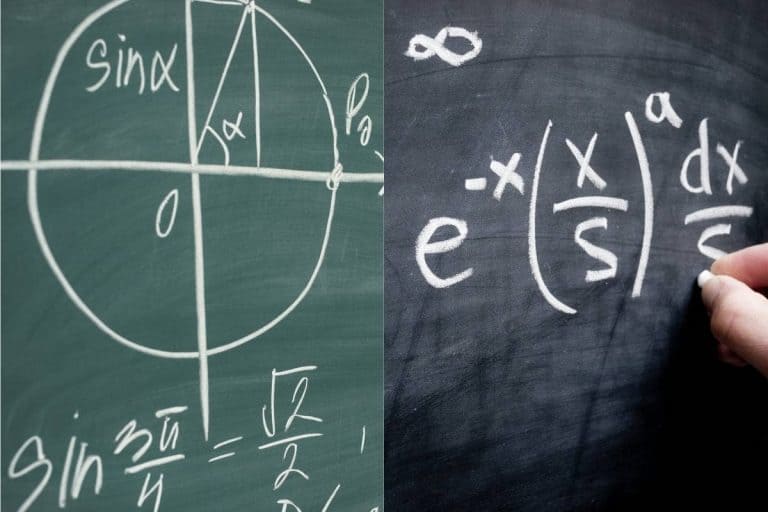Should You Take AP Biology and AP Physics Together?
AP classes have many benefits, from preparing you for college to improving your high school GPA. But how much is too much? And should you take AP Biology and AP Physics together?
You should take AP Biology and AP Physics together if you have room in your schedule and want to explore your interest and aptitude in the sciences. Many universities require core science classes and, depending on your major, having both biology and physics credits could be very helpful.
Read on to learn more about why and when to take both AP Biology and AP Physics together.
Why You Should Take AP Biology and AP Physics Together
Taking AP Biology and AP Physics together is a great way to get a fundamental education in the sciences while building a strong high school transcript. Students should take at least five college-level courses throughout their high school career, and as many as 7-14 if you’re aiming for top colleges in the United States.
Learning Science Fundamentals
Learning biology gives you greater insight into the field of physics and vice versa.
By taking both classes at once, you’ll learn the fundamentals of scientific research from two perspectives, and you’ll be able to see how the two disciplines relate to each other. For example, a student who takes both courses will have a better understanding of how organisms process energy.

Having this understanding of biophysics is key for progressing to higher-level science courses, and it’s key for preparing for careers in the sciences, like medicine. A student who wishes to pursue medicine will need to take both physics and biology at some point in their college career, so taking the courses together at an early stage can be very helpful.
Even if you don’t plan to pursue medicine, you can learn valuable lessons in asking questions, developing answers, and collecting evidence by taking both biology and physics. These disciplines enhance your appreciation for the world and improve your ability to inquisitively interact with it, especially when taken together.
Sources: Walden University, SeattlePI, and University of California Berkeley.
College Preparation
Taking multiple AP classes at once prepares you for the rigors of college-level education, teaching you how to handle a diverse, difficult workload.
At the university level, full-time students take at least 12 credit hours per semester, which is about 4-5 classes. Having experience with a large workload in multiple subject areas is helpful in preparation for this intensity.
Admissions counselors understand this, and they are more likely to send you into the final round of applicants if they see evidence that you’ve done well in AP classes.
They see this as a sign that you’ll be more likely to be a successful student in your given program.
Earning Course Credits
AP class credit is based on an exam given at the end of the course, scored on a scale of 1-5.
Usually, scores of 4 or 5 will earn you credit in a college course. Having these credits means that you can start ahead of your peers in advanced university classes and even finish your degree earlier if that’s your goal.
Many college students must take multiple foundational classes in the sciences, whether or not they’re majoring in a science. For this reason, having both physics and biology credits can move you along towards finishing your degree regardless of what you ultimately decide to study.
Sources: The Princeton Review, Crimson Education, and Complete College.
Improved GPA
When high schools calculate GPA, they often calculate grades from AP classes on a 5-point scale instead of the 4-point scale used for non-AP classes. This means that a B in an AP course is the equivalent of an A in a regular class, and an A in an AP class is worth even more.
While there is a risk of taking on too much work with AP classes, the adjusted weight of AP grades mitigates it somewhat. In most cases, you’re better off investing in the AP coursework, even if your grade is lower by traditional standards.
Sources: The Princeton Review and eAchieve Academy.
Drawbacks of Taking Too Many AP Classes at Once
The primary risk in taking too many AP classes at once is that you’ll overload yourself, and you’ll suffer mentally and physically as a result. Adding extra AP classes can hurt your chances of getting into the college of your dreams if they push you beyond your capacity to work and sink your grades, rather than bolstering them.
(See Is AP Biology Easy? Let’s Dissect This!)
You should avoid taking more than six AP classes in one year at a maximum. However, each course and each student is different, so pay attention to your own needs and ask your teachers ahead of time what kind of time commitment their course will require.
Some students prefer taking two to four AP classes at once.
What if I Have More Credits Than I Need?
You can expect that most universities will require at least two or three science courses in their fundamental curriculum. So, taking two college-level science courses is unlikely to be more than you need, even if you decide to major in something completely unrelated to physics and biology.
In the case that having both courses on your transcript does give you more science credits than you need, know that the classroom hours you earn through an AP course will still count towards your overall college credit requirements, moving you forward in the process of completing your degree.
Finally, the value of your education extends beyond collecting college credits. What you learn in AP physics and AP biology will enrich you in ways you wouldn’t expect, preparing you to take on whatever career you decide to pursue and helping you live life in an engaged, fulfilling way.
Sources: Kent State University and Columbia College.
Conclusion
Taking both AP Biology and AP Physics at the same time is a great way to challenge yourself while learning about the natural world. By adding both courses to your workload, you’ll better prepare yourself for a college education. Just make sure that you have enough time earmarked for studying, as the courses can be very demanding.
Recommended Reading:







